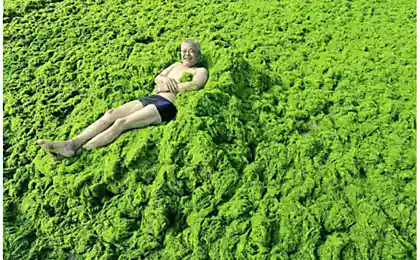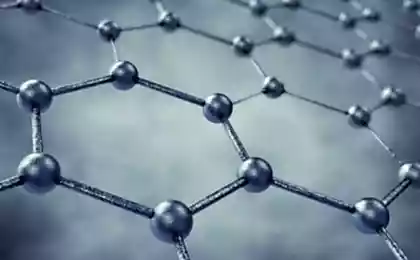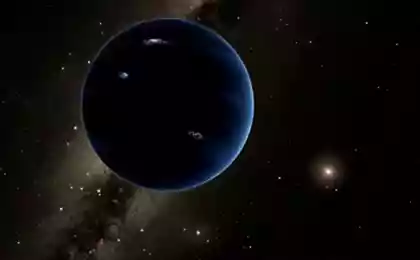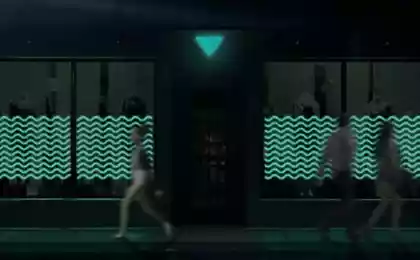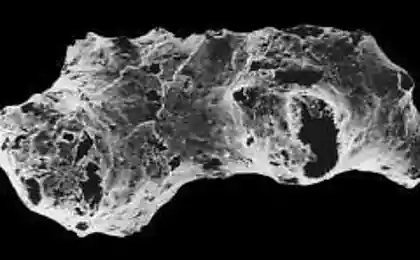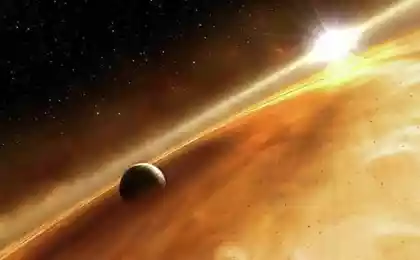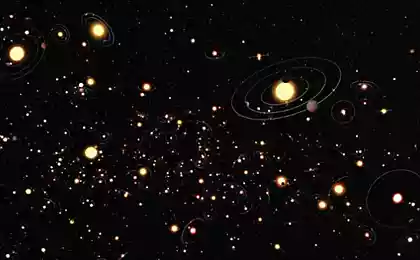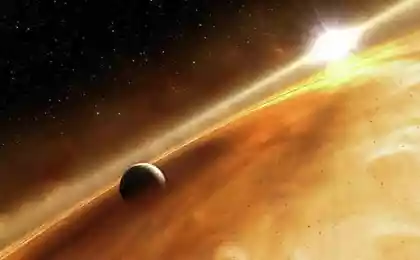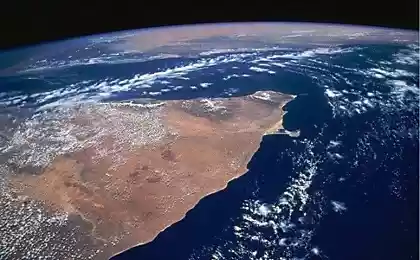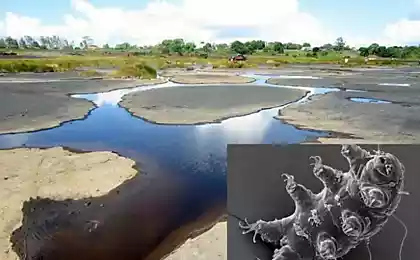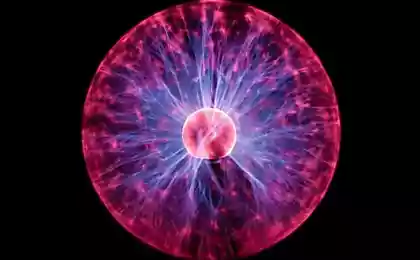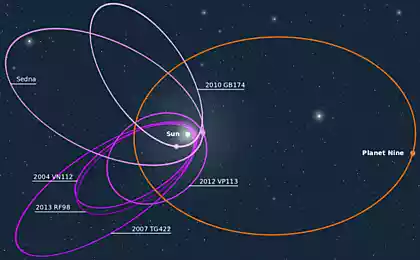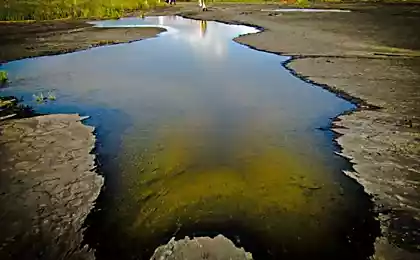521
5 bioluminescent living organisms that illuminate the world
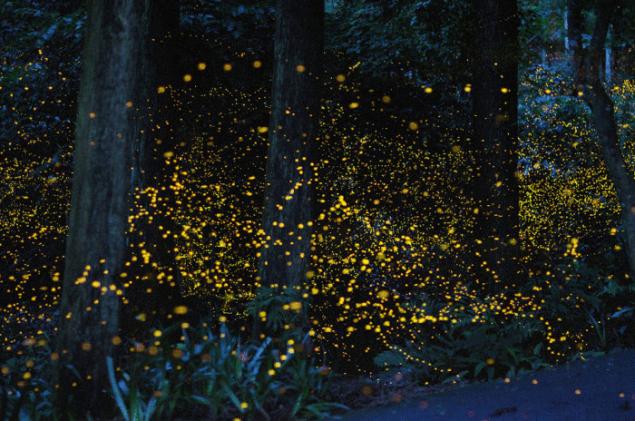
Nature lights itself
Anyone who's ever caught fireflies and put them in a glass jar, probably still remembers the charming glow of these living organisms. Fireflies are the most well-known bioluminescent creatures, but it turns out that this phenomenon is surprisingly widespread in nature. Not surprisingly, designers are increasingly thinking about creating a free source of energy for lighting.
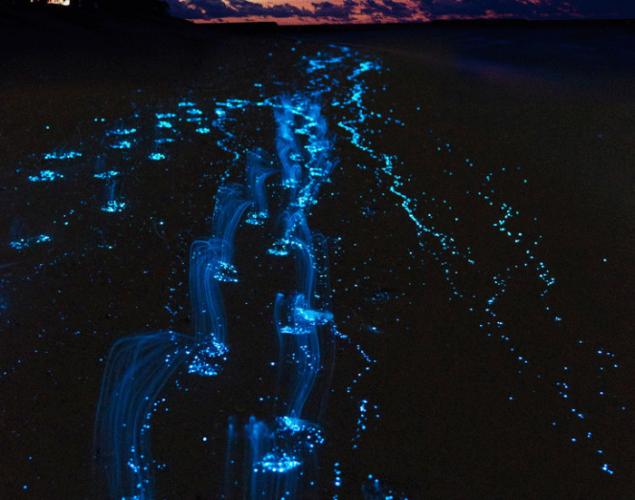
Nature lights itself
In recent years, a number of scientists have achieved success with the introduction of the genetic material responsible for bioluminescence into plants that don't usually glow in the dark. The goal is to eventually bring the glowing trees that will replace street lamps, and indoor plants to replace household light bulb. This will save a huge amount of electrical energy. Consider some of these fascinating creatures that have inspired scientists.
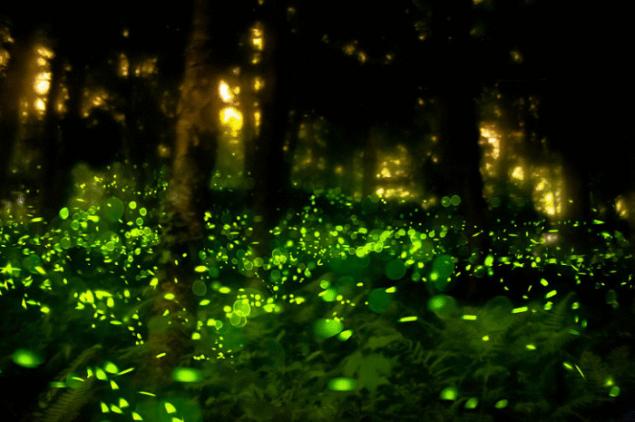
Fireflies in a natural setting
Fireflies
In the Lampyridae family of beetles there are about 2000 species, most of which produce the glow in his belly. Most fireflies use bioluminescence in the process of courting a partner, although some also use this effect to attract prey. Biology bioluminescent glow of fireflies have been studied for many centuries, and scientists now have a detailed understanding of the effect of bioluminescence is the result of chemical interaction between luciferine (a luminous substance), and luciferase (an enzyme that is a catalyst for luciferin.
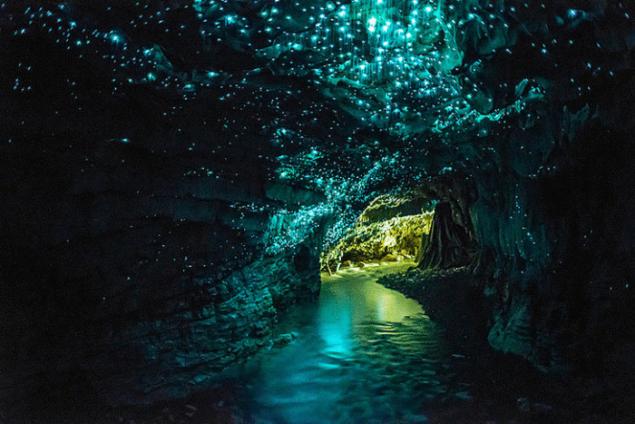
Strange light worms in the caves
Glow-worms
Arachnocampa is a species that lives in caves and grottoes of Australia and New Zealand. This kind of creature produces silk thread, like spiders, which is then affixed to the ceilings in caves. Filament covered with poisonous mucus, and is designed to catch prey.
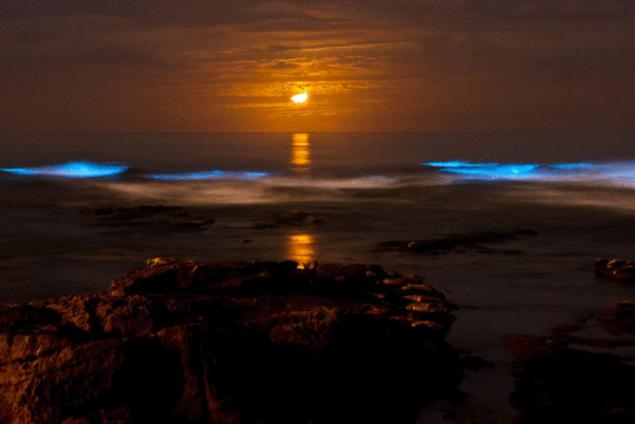
Shining sea
Marine bacteria
Some bacteria of the Vibrio species are bioluminescent abilities that can take many forms. Often tropical resorts people see it glow when night waves breaking on the shore. In this case, the glow is triggered when the motion of the waves. You can also watch glow in the splashing water in the dark. Sometimes the effect occurs in the open ocean, when the glow of hundreds of miles of ocean surface. People call this effect "the milk sea".
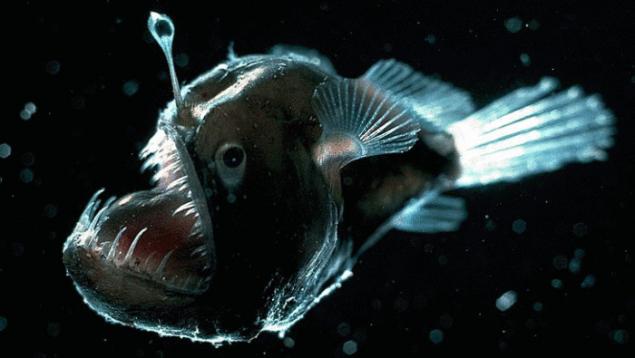
Sea hunter fishing for the bait
Fish-hell
One of the most intriguing and unusual fish that uses bioluminescence is the monkfish. These bizarre creatures have organs, called the Illicium, which protrude from their heads and act as bait. The tips of these bodies inhabited by bioluminescent bacteria, which serve as bait. The glow attracts other fish in the dark water, and fish in fact she swims in a huge, fanged jaws monkfish.
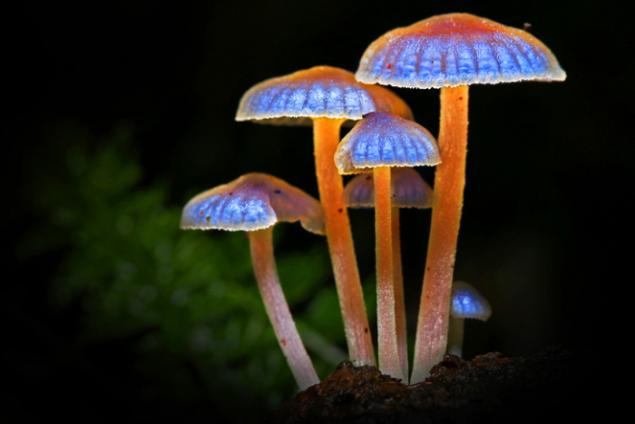
Light fungi in the forest
Mushrooms "Foxfire"
In some dark forests of the world, the earth glows when the person just goes on the track. This is the result of fungi that live in rotting wood on the forest floor. Unlike most other bioluminescent organisms, the principle of luminescence in fungi is less well understood. Some suggest that it is used to attract insects that feed on the fungi and thereby help to spread spores. Others believe that this serves to deter predators, because the glow is a sign of the toxicity of many entities.
Source: www.ecobyt.ru/
